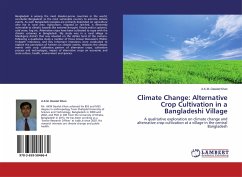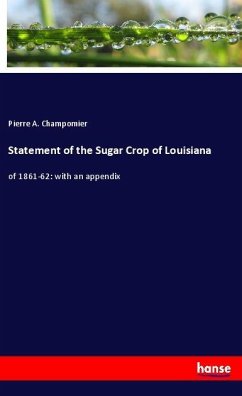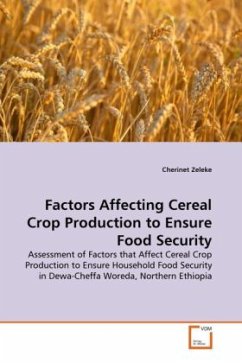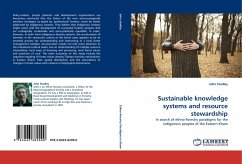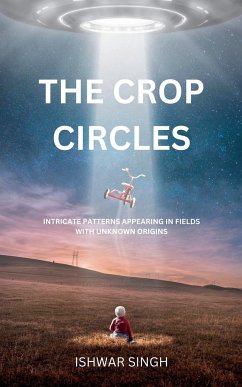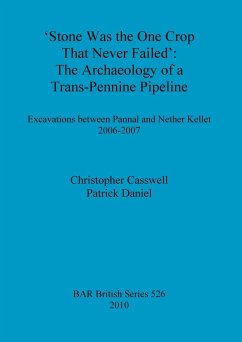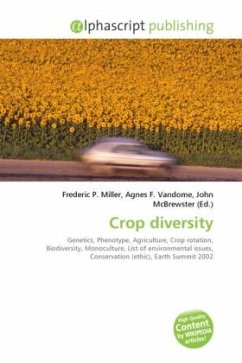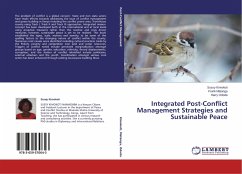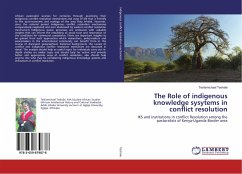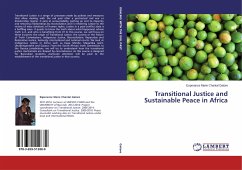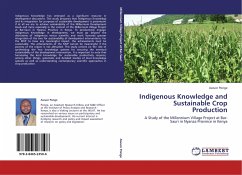
Indigenous Knowledge and Sustainable Crop Production
A Study of the Millennium Village Project at Bar-Sauri in Nyanza Province in Kenya
Versandkostenfrei!
Versandfertig in 6-10 Tagen
39,99 €
inkl. MwSt.

PAYBACK Punkte
20 °P sammeln!
Indigenous Knowledge has emerged as a significant resource in development discussions. This study proposes that Indigenous Knowledge and its integration for purposes of sustainable development is paramount if at all we are to achieve sustainability of the Millennium Development Goals and more especially in the context of the Millennium Village Project at Bar-Sauri in Nyanza Province in Kenya. To productively engage Indigenous Knowledge in development, we must go beyond the dichotomy of indigenous versus scientific and work towards greater integration of the two for sustainability of developmen...
Indigenous Knowledge has emerged as a significant resource in development discussions. This study proposes that Indigenous Knowledge and its integration for purposes of sustainable development is paramount if at all we are to achieve sustainability of the Millennium Development Goals and more especially in the context of the Millennium Village Project at Bar-Sauri in Nyanza Province in Kenya. To productively engage Indigenous Knowledge in development, we must go beyond the dichotomy of indigenous versus scientific and work towards greater integration of the two for sustainability of development interventions. For the MVP to have any meaningful impact, the achievements must be sustainable. The achievements of the MVP cannot be meaningful if the poverty of the region is not alleviated. This study centres on the role of synthesising the two knowledge systems for ensuring the eventual sustainability of the development intervention. It is important to note that harnessing the local knowledge for sustainable productivity requires, among other things, systematic and detailed studies of local knowledge systems as well as understanding contemporary scientific approaches in crop production.



